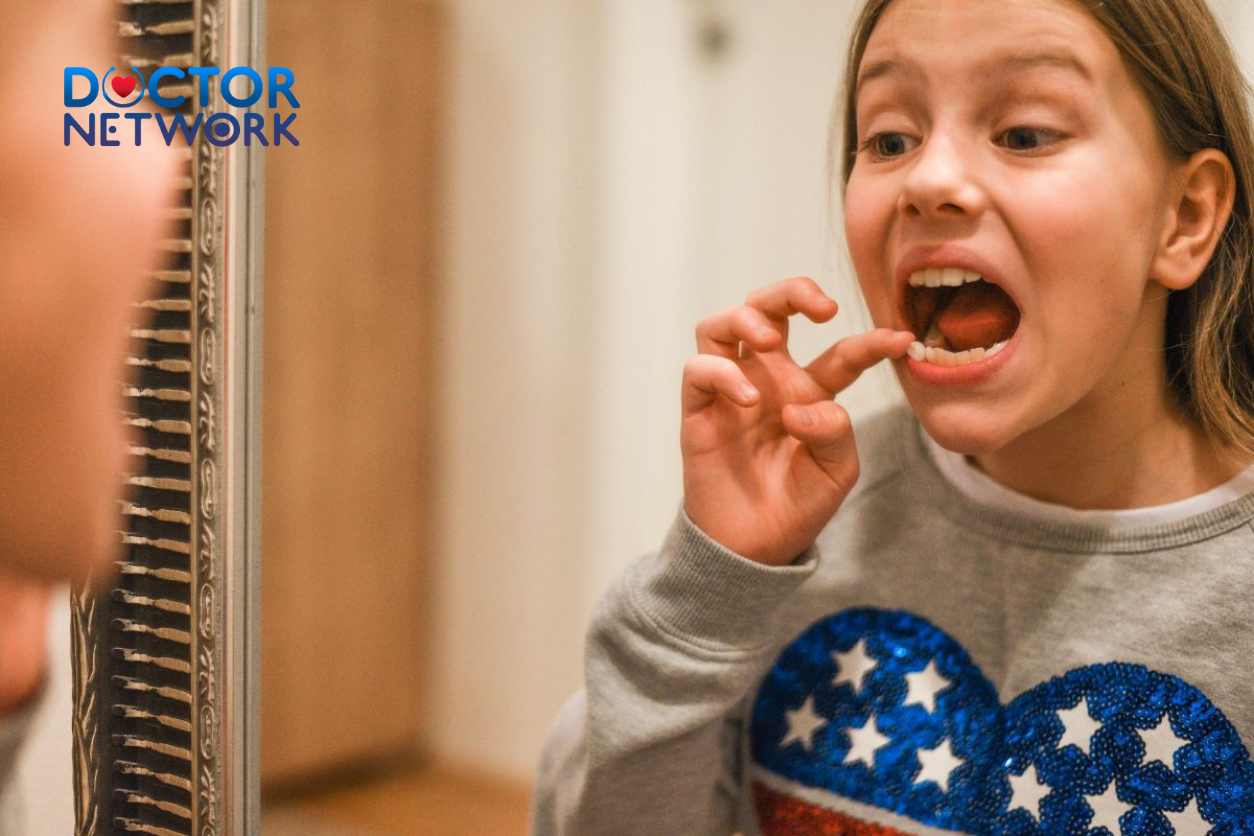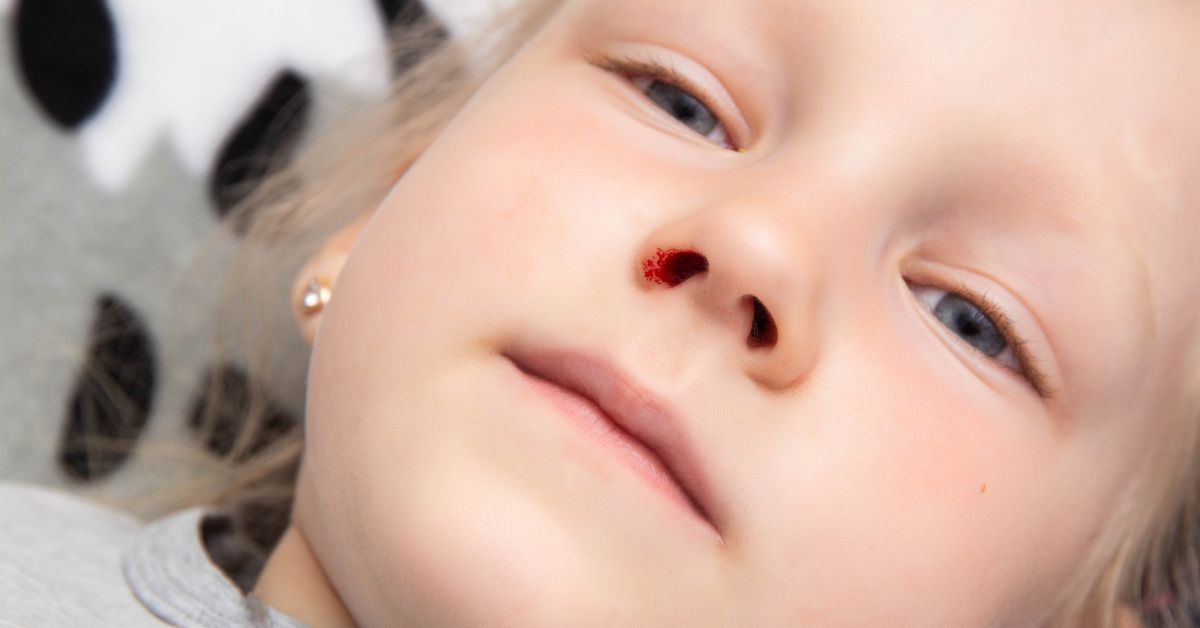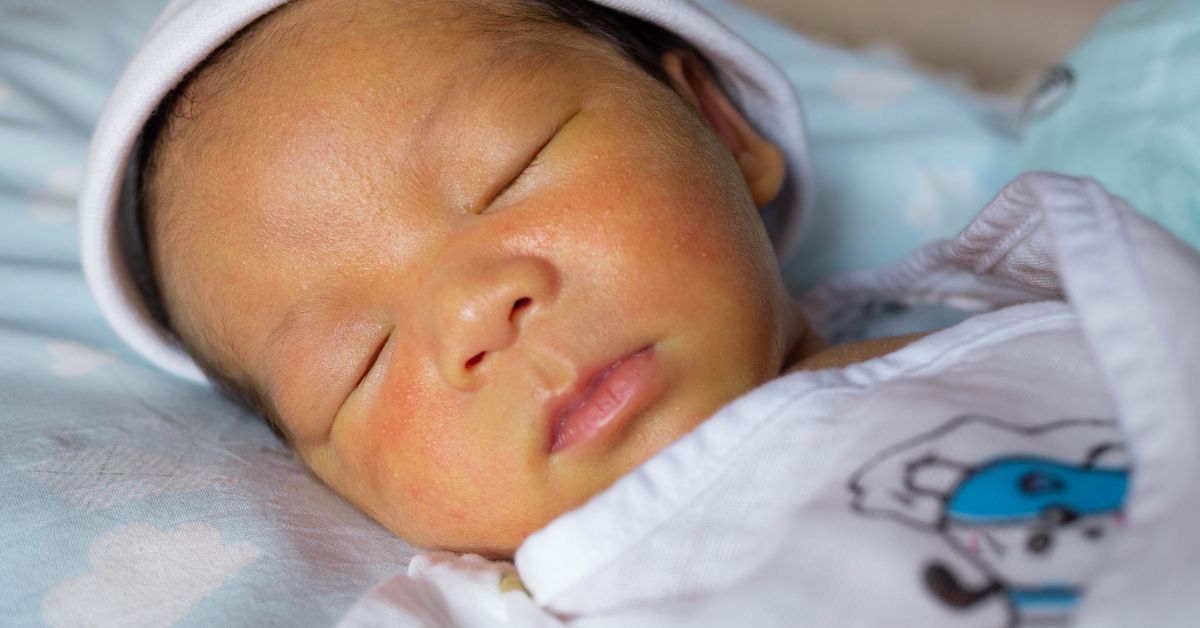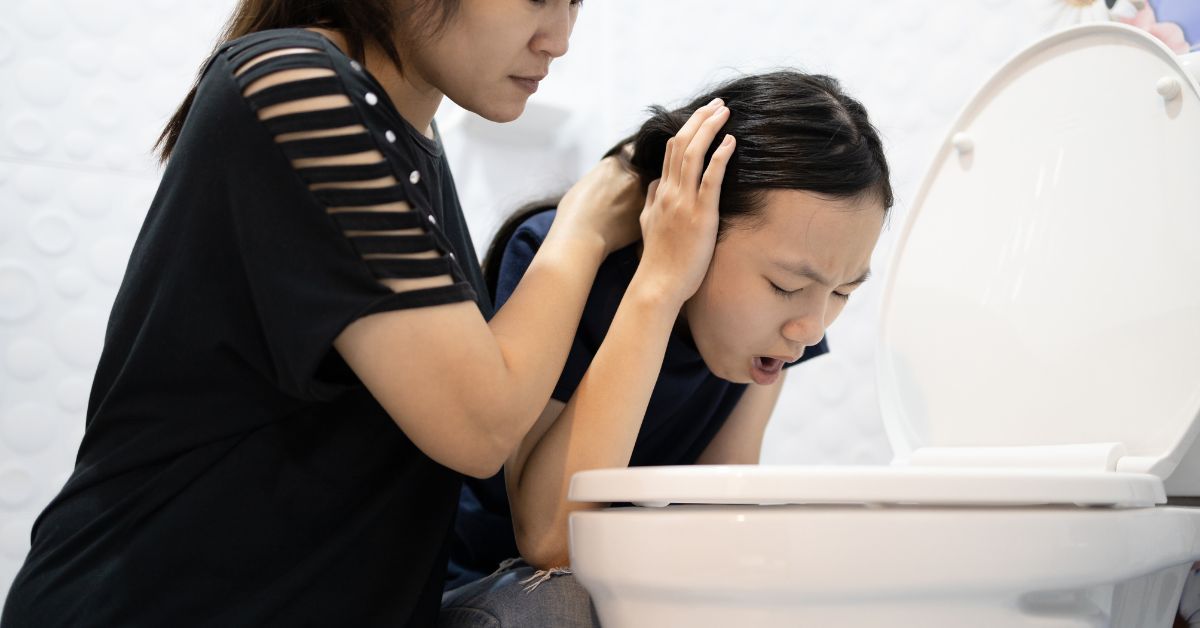Children with weather-related allergies are a common occurrence, especially in infants and young children with sensitive skin. When the weather changes suddenly, the child’s immune system overreacts, leading to symptoms such as itching, rash, dry skin, etc., causing discomfort and affecting daily activities. This article aims to help parents better understand “weather-related allergies in children“, how to recognize symptoms, treat, and effectively prevent them.
Causes of weather-related allergies in children
- Weather changes – the cause of weather-related allergies: Seasonal transitions, sudden temperature changes, humidity, cold wind, etc., are factors that stimulate allergic reactions in children.
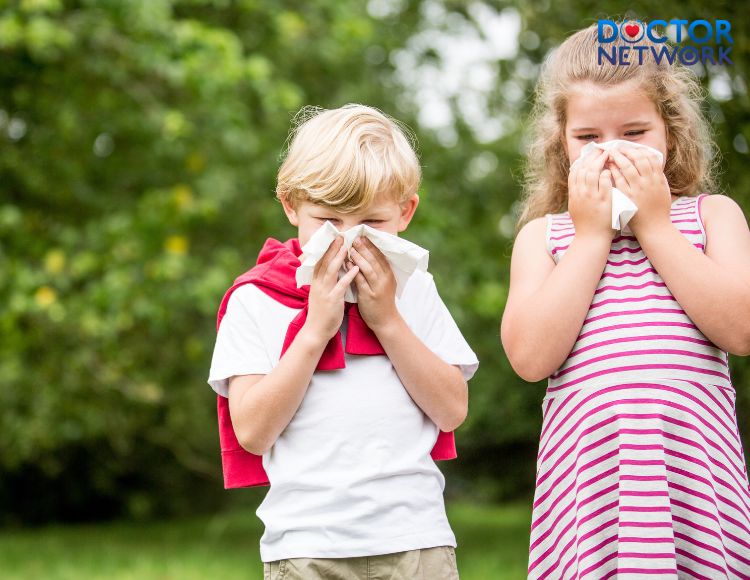
“weather-related allergies in children”- Seasonal transitions, sudden temperature changes, humidity, cold wind
- Sensitive immune system: The child’s immune system is not yet fully developed, making it prone to overreact to external factors, leading to allergies.
- Weak immunity – the cause of weather-related allergies: Children with weak immunity are at higher risk of weather-related allergies along with other diseases.
- Genetic predisposition: Children with a family history of allergies such as eczema, asthma, etc., are at higher risk of weather-related allergies.
Typical symptoms of weather-related allergies in children
- “weather-related allergies in children”: The skin develops red, itchy spots, especially at night, making the child uncomfortable and restless.
- Rash: Itchy red spots form patches of rough skin, concentrated on the face, neck, limbs, chest, and abdomen.
- Dry skin, peeling: The skin loses moisture, becoming dry and prone to peeling, especially around the lips, eyelids, and fingertips.
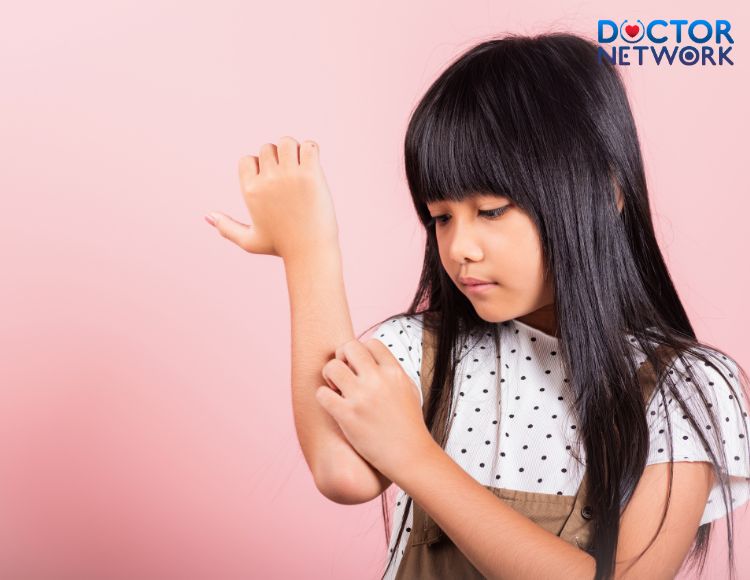
“weather-related allergies in children” – Itchy red spots form patches of rough skin
Treatment of weather-related allergies in children
- Allergy medication – treating children with weather-related allergies: Doctors may prescribe antihistamines, corticosteroids to reduce symptoms, to be taken as prescribed.
- Moisturizing creams for weather-related allergies: Regularly applying suitable moisturizing creams soothes the skin, provides moisture, and reduces dryness and peeling.
- Home remedies for weather-related allergies in children: Cool baths, cold compresses help soothe the skin, reduce itching. Keep the child’s nails short to prevent scratching and skin damage.
Prevention of weather-related allergies in children
- Boosting children’s immunity: Ensure a balanced diet, supplement vitamins C, D from food or as directed by a doctor. Ensure adequate sleep and appropriate physical activity for children.
- Personal hygiene – preventing children from weather-related allergies: Cleanse the skin with warm water, choose mild bath products. Keep the skin cool and dry, pat dry sweat, avoid tight clothing.
- Clothing for infants with weather-related allergies: Choose loose-fitting clothing made of soft, breathable materials with good moisture absorption.
- Food for children with weather-related allergies: Consider eliminating allergenic foods from the child’s diet (seafood, eggs, peanuts, cow’s milk, etc.) and monitor and consult a doctor for specific allergens.

“weather-related allergies in children” – Consider eliminating allergenic foods from the child’s diet
When to take a child to see a doctor?
Take the child to the doctor immediately if there are symptoms:
- Widespread itching, difficulty breathing, high fever.
- Home remedies do not improve symptoms after a few days.
- Injured skin area shows signs of infection: swelling, pain, discharge, etc.
Expert Advice
- Avoid exposing children to identified allergens.
- Establish a healthy lifestyle and diet to improve the child’s health.
- Do not self-medicate children with weather-related allergies without a doctor’s guidance.
Some common questions about “weather-related allergies in children“
Here are 5 frequently asked questions about “weather-related allergies in children” along with answers:
How to differentiate weather-related allergies in children from other dermatological conditions?
Answer: Weather-related allergies often occur suddenly when the weather changes, with various symptoms such as itching, hives, rashes, etc. Other dermatological conditions such as eczema, psoriasis, etc., may have similar symptoms but often progress longer, more persistent, and not entirely dependent on weather changes. Children should be taken to a dermatologist for accurate diagnosis.
Are there any tests to determine the cause of weather-related allergies in children?
Answer: Yes, doctors may recommend some allergy tests such as specific IgE testing, skin prick tests, etc., to identify the allergens triggering weather-related allergies in children, thereby providing appropriate management and prevention.
Should children with weather-related allergies avoid certain foods?
Answer: It is advisable to limit allergenic foods such as seafood, eggs, peanuts, cow’s milk, etc. Parents need to monitor to identify specific allergens (if any) causing allergies in their children. Ensure a diverse, nutritious diet to enhance children’s immunity and reduce the risk of allergic flare-ups.
Does moisturizing cream help reduce weather-related allergies in children?
Answer: Yes. Applying suitable moisturizing cream plays an important role in the treatment and prevention of weather-related allergies in children. Moisturizers help soothe the skin, provide moisture, alleviate dryness, peeling, and promote rapid healing of damaged skin areas.
Can children with weather-related allergies take baths?
Answer: Children with weather-related allergies still need daily cleanliness. Bathe the child quickly with warm water, use mild bath products, avoid vigorous rubbing that can cause skin abrasions. After bathing, gently pat dry and apply moisturizer immediately to prevent dry, taut skin.
Scientific evidence on “weather-related allergies in children“
Here are some scientific references on “weather-related allergies in children“:
According to a study by the Vietnam Dermatology Institute, the prevalence of weather-related allergies in children ranges from 15-30%, with a high concentration in children under 5 years old.
A study published in the journal “Pediatrics Allergy and Immunology” shows that a sensitive immune system, weak immunity, and genetic factors are the main causes of weather-related allergies in children.
Weather-related allergies cause discomfort and affect the quality of life of children, making them restless, sleep poorly, lose appetite, and affect physical and mental development.
Boosting children’s immunity with a balanced diet, vitamin, and mineral supplements, ensuring adequate sleep and proper exercise is an effective preventive measure.
Weather-related allergies in children are a common health issue, affecting the quality of life of children. Parents need to equip themselves with knowledge to recognize early signs, apply preventive and treatment measures appropriately. Always pay attention to observing and caring for the child’s health, and take the child to see a doctor when there are any abnormal symptoms.
References:
https://www.health.harvard.edu/blog/4-must-dos-for-kids-with-seasonal-allergies-201604122527
Kiểm Duyệt Nội Dung
More than 10 years of marketing communications experience in the medical and health field.
Successfully deployed marketing communication activities, content development and social networking channels for hospital partners, clinics, doctors and medical professionals across the country.
More than 6 years of experience in organizing and producing leading prestigious medical programs in Vietnam, in collaboration with Ho Chi Minh City Television (HTV). Typical programs include Nhật Ký Blouse Trắng, Bác Sĩ Nói Gì, Alo Bác Sĩ Nghe, Nhật Ký Hạnh Phúc, Vui Khỏe Cùng Con, Bác Sỹ Mẹ, v.v.
Comprehensive cooperation with hundreds of hospitals and clinics, thousands of doctors and medical experts to join hands in building a medical content and service platform on the Doctor Network application.














